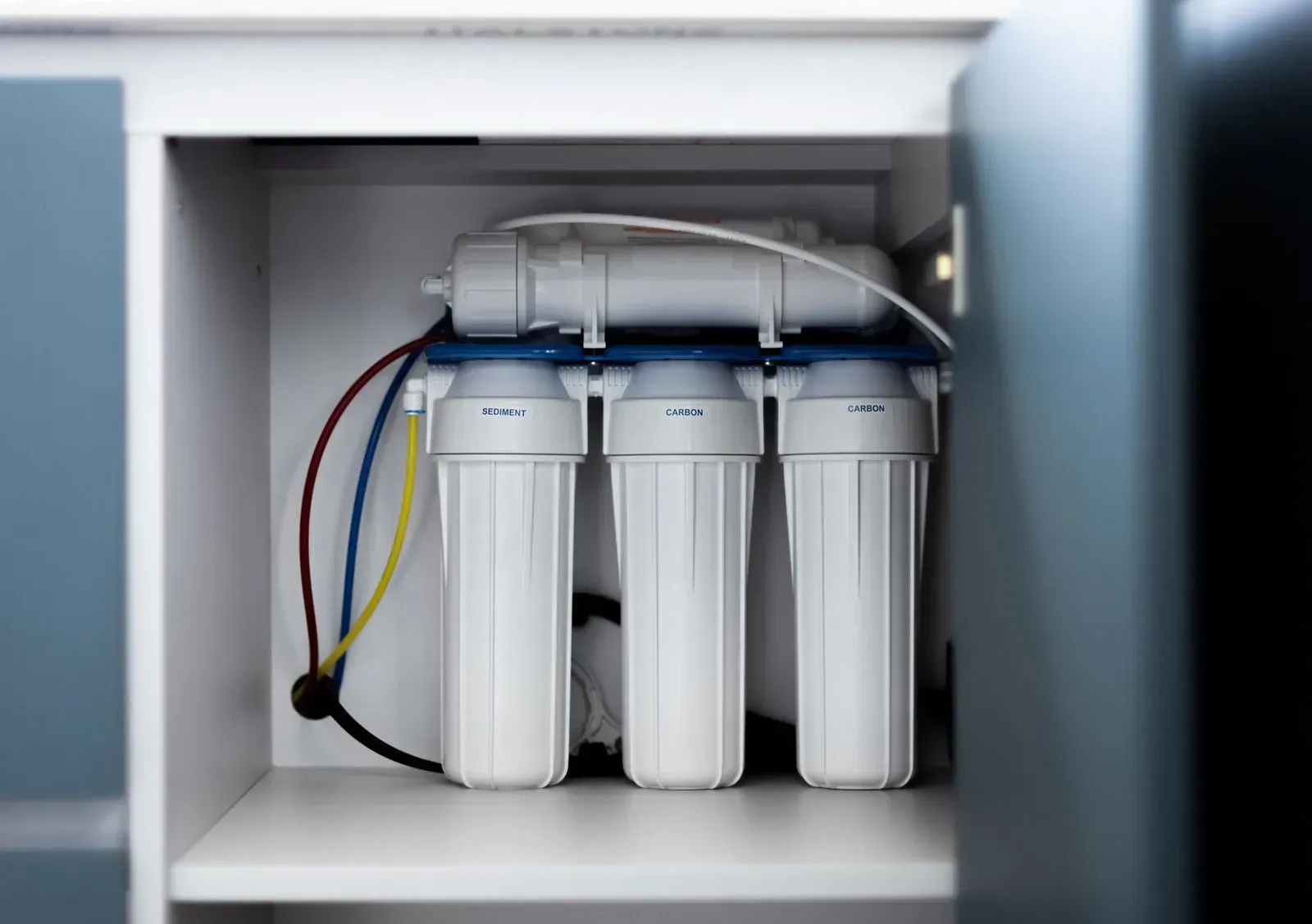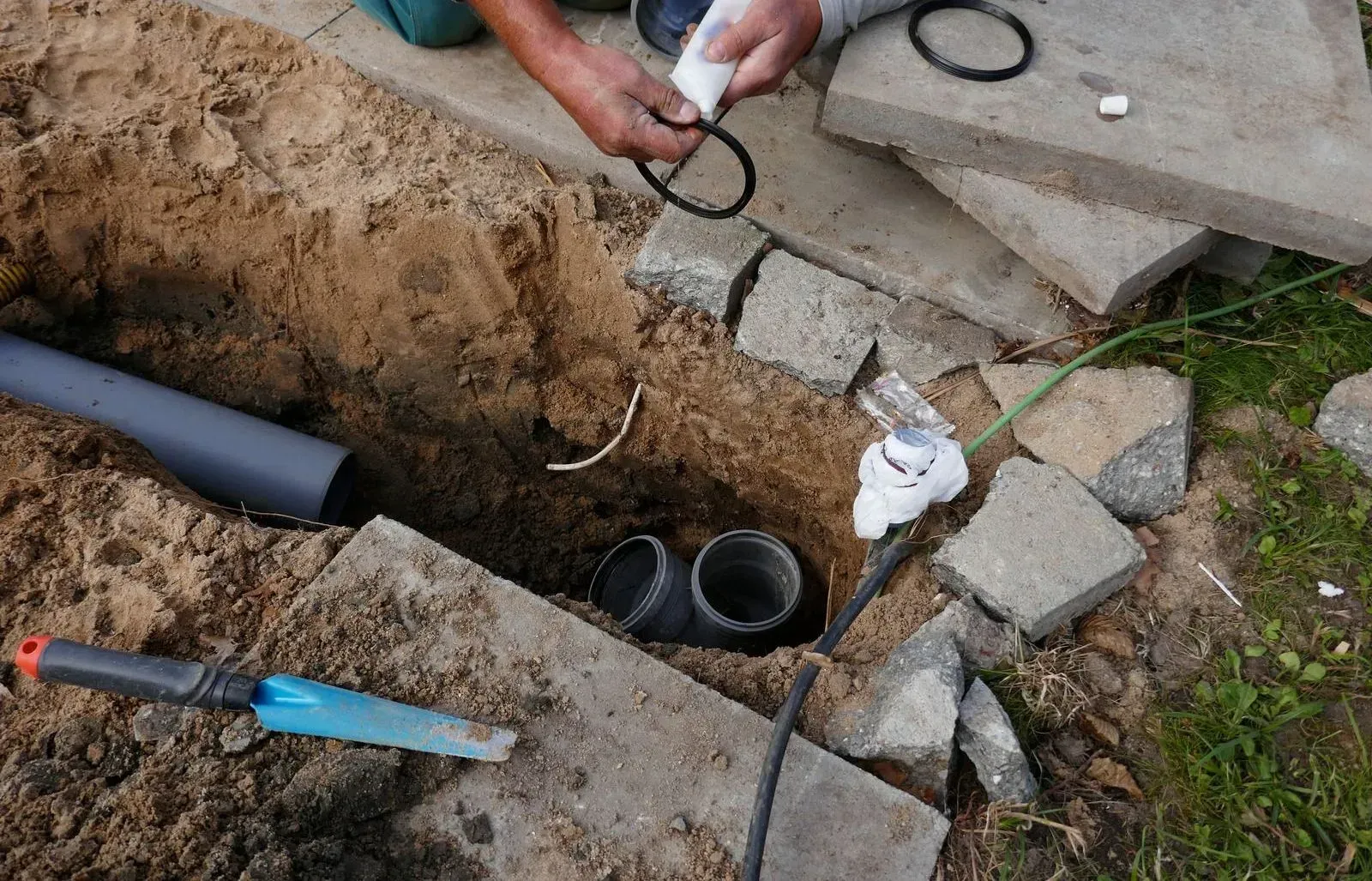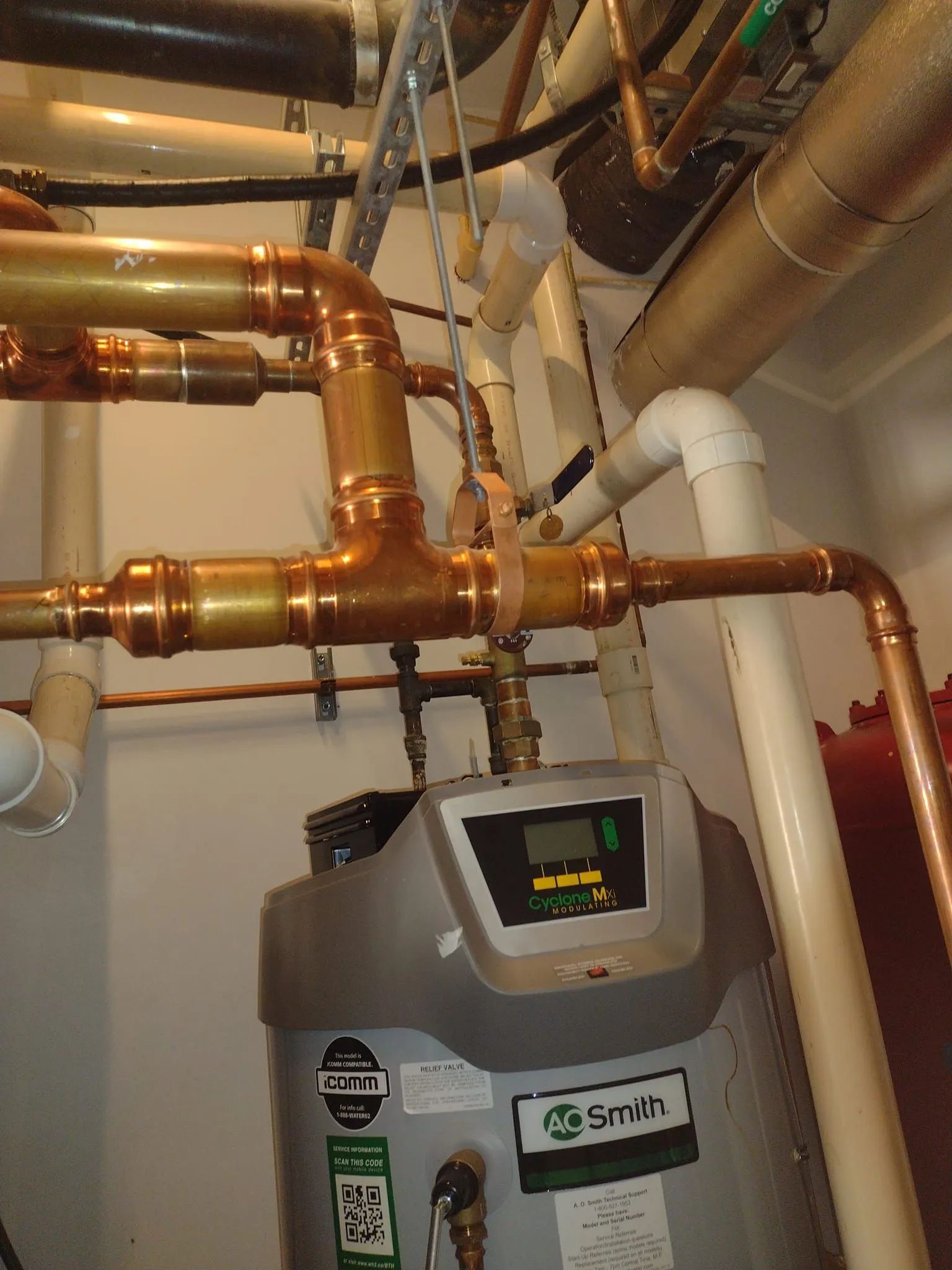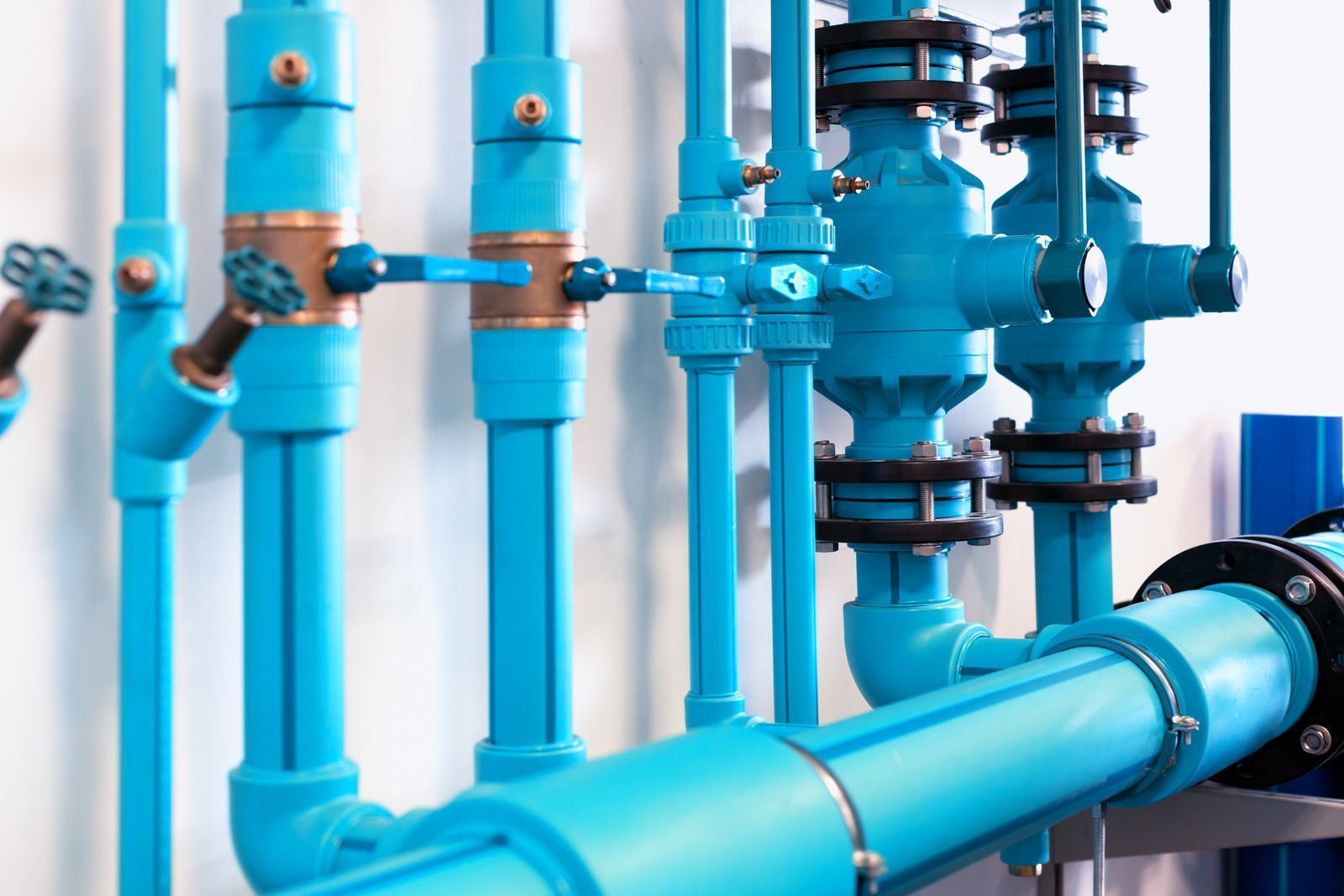Water Filtration Systems: Do You Need One in Your Home?
June 3, 2025

Clean, safe drinking water is essential for a healthy lifestyle. While municipal water treatment plants work to provide safe water, contaminants can still make their way into your tap. A water filtration system can help ensure that your home has the cleanest, best-tasting water possible. But do you really need one? Let’s explore the benefits of water filtration and the different types of systems available.
Benefits of a Home Water Filtration System
1. Improved Water Quality
Tap water can contain impurities such as chlorine, lead, pesticides, and even bacteria. A water filtration system removes or reduces these contaminants, improving both the safety and taste of your drinking water.
2. Better Health
Certain contaminants in unfiltered water can contribute to long-term health issues. Filtering your water reduces exposure to harmful chemicals, heavy metals, and microorganisms that could negatively impact your well-being.
3. Cost Savings
Bottled water can be expensive and contributes to plastic waste. Installing a home filtration system allows you to enjoy high-quality water at a fraction of the cost, eliminating the need for single-use plastic bottles.
4. Protects Plumbing and Appliances
Minerals, sediment, and other impurities in unfiltered water can build up in pipes, faucets, and appliances. A filtration system helps prevent scaling and corrosion, extending the lifespan of your plumbing system and water-using appliances.
Types of Water Filtration Systems
1. Carbon Filters
Activated carbon filters remove chlorine, bad tastes, and odors from water. These are commonly used in pitcher filters, faucet-mounted filters, and under-sink systems.
2. Reverse Osmosis (RO) Systems
RO systems use a multi-stage filtration process to remove a wide range of contaminants, including heavy metals, fluoride, and bacteria. These systems are highly effective but require professional installation and regular maintenance.
3. Whole-House Filtration Systems
These systems filter water at the point of entry into your home, providing clean water for drinking, cooking, bathing, and laundry. Whole-house filters can remove sediment, chlorine, and other impurities, depending on the type of filter used.
4. UV Water Purification
Ultraviolet (UV) purification uses light to kill bacteria, viruses, and other microorganisms. It is often used alongside other filtration methods to provide comprehensive water treatment.
5. Water Softeners
Hard water, which contains high levels of calcium and magnesium, can lead to scale buildup in pipes and appliances. A water softener removes these minerals, improving water quality and extending the life of plumbing systems.
Do You Need a Water Filtration System?
If you notice bad taste, odors, sediment, or frequent plumbing issues due to hard water, investing in a filtration system is a smart decision. Even if your tap water meets safety regulations, additional filtration provides peace of mind and better overall water quality for you and your family.
At Patrick David Plumbing, based in Pittsburgh, PA, we specialize in
water filtration solutions tailored to your home’s needs. With 12
years of experience, our team knows how to identify the right system—whether you’re looking for a simple under-sink filter or a comprehensive whole-house solution, we can help you choose and install the best option.




